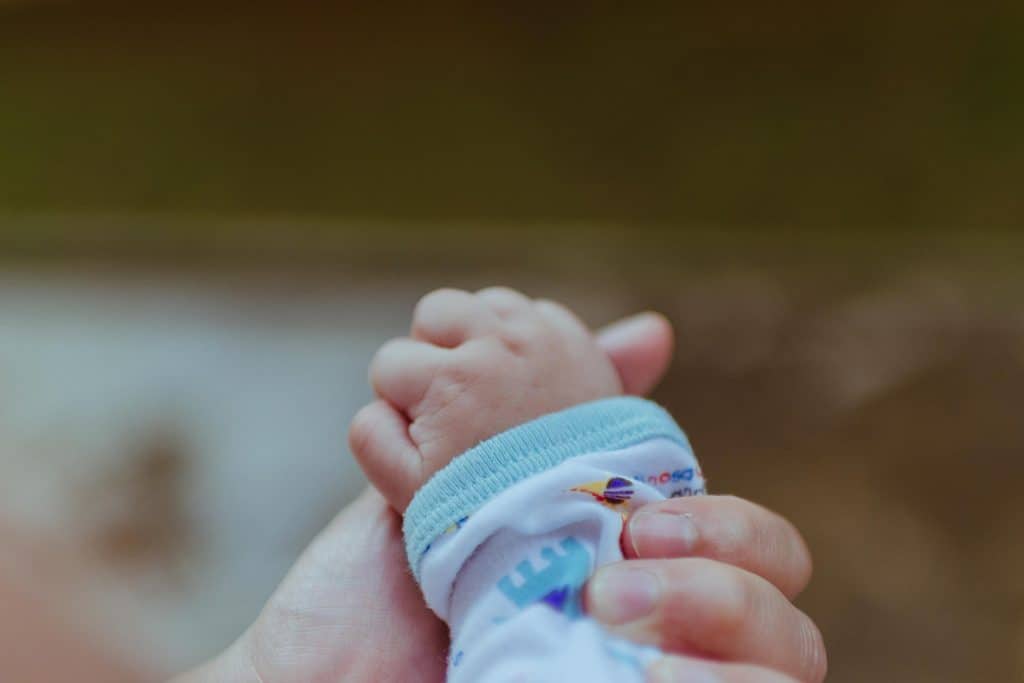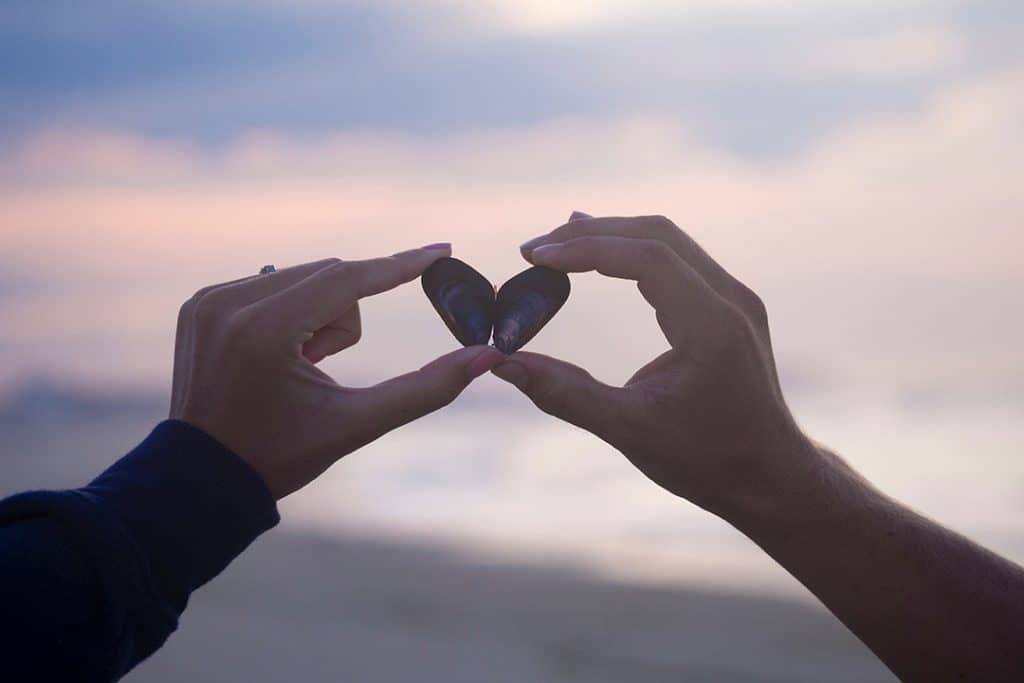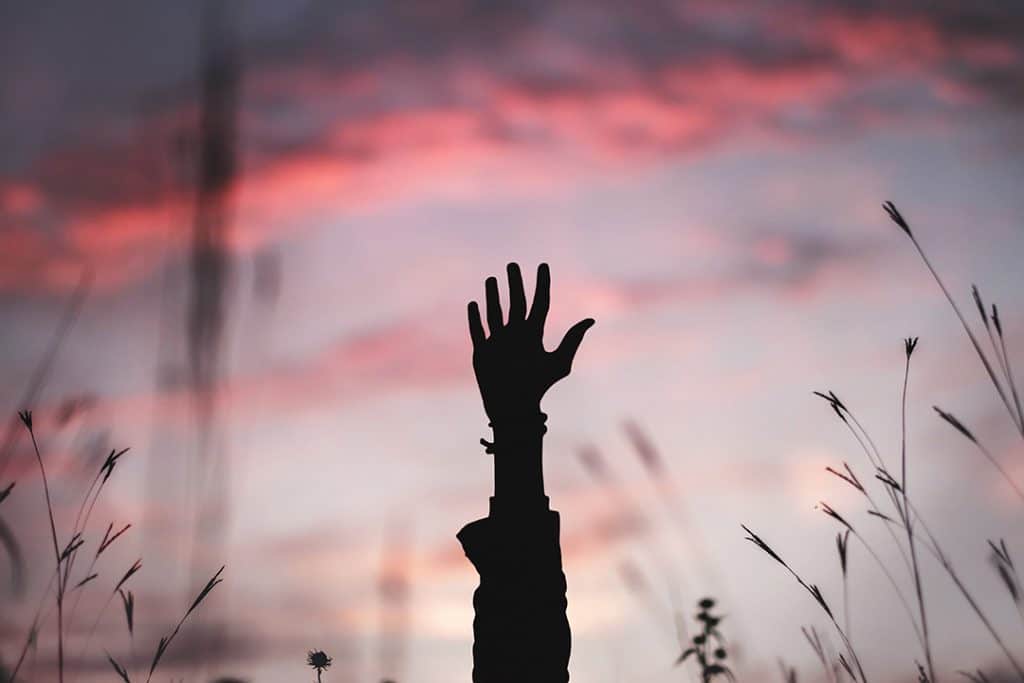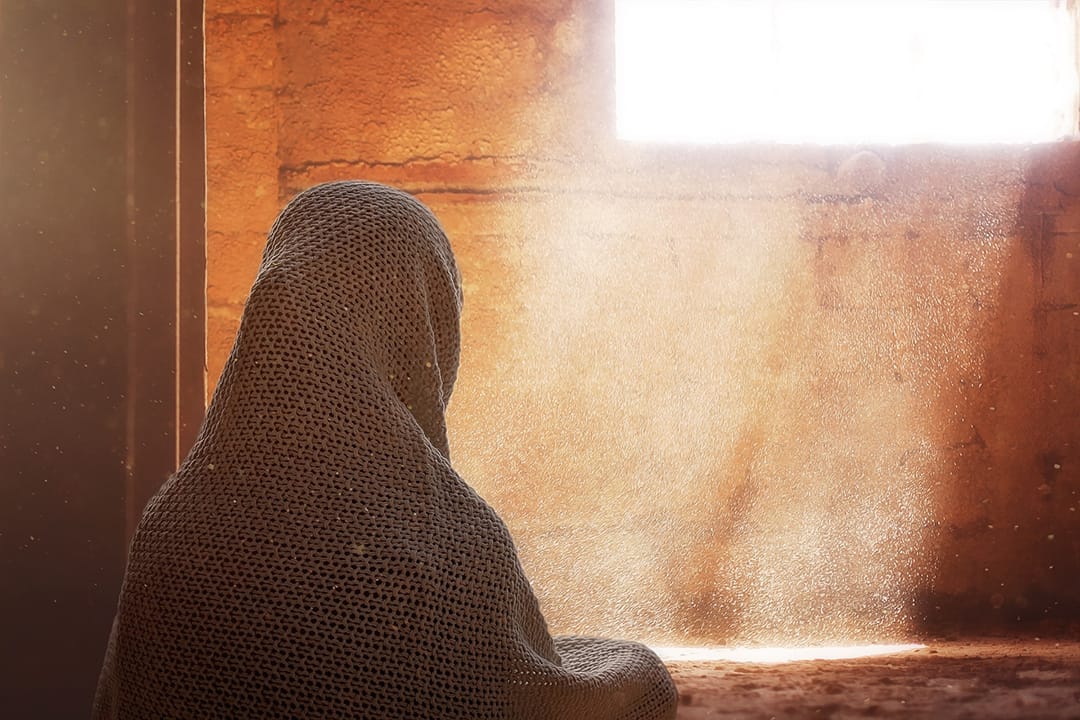Many years ago, being part of a group meant a greater chance of survival for reasons such as safety and being able to hunt for food, and whilst the same reasons may not be valid today, isolating ourselves can still affect our physical health and emotional wellbeing due to the fact that we are social creatures. We need love and nurture as babies to actually grow our brains and we continue to need that love and companionship throughout our lives in order to thrive and survive in many ways.
A 75 year Harvard study done by Grant and Glueck, which tracked the physical and emotional wellbeing of two populations of men from different social background, found that the most significant factor to thriving in life and that had the most importance placed upon it, was, that‘good relationships keep us happier and healthier’. The data showed quite clearly that those who feel lonely are likely to see their physical health decline earlier and even die younger. One thing to stress however, is that it’s the quality of our relationships that matter, if they are toxic or draining this can obviously have an adverse effect and we should strive to surround ourselves with people who sincerely care about us and want us to grow.

However sometimes circumstances can lead us to isolate ourselves and therefore impose loneliness onto ourselves. This could be after suffering a loss or trauma and in trying to cope with it we inadvertently shut ourselves away and reject the offers of support that are out there because we fear being an inconvenience or we just do not want to talk about the thing that is causing us pain, even though it may help to talk to someone we trust and cares for us.
Sometimes we feel we are being strong, as we have always been told that, and it can be a core belief of ‘I have to be strong’ that we have carried since childhood. Which has made us be considerate and not wanting to bother anyone thus tend to just get on with things ourselves and even when we do suffer, we do so in silence and isolation. Needless to say this can cause resentment, depression and many other emotional illnesses.
Depression and anxiety (including social anxiety) can also make us isolate ourselves. Negative core beliefs are often behind these emotional states and they could include ‘I am not good enough’ or‘I am worthless’, and even extend to the world and other people, ‘everyone is bad’, and ‘the world is a scary place to live in’. Our core beliefs are generally formulated in childhood based on the experiences we had as children and how we interpreted them. A child who felt neglected could easily come to the conclusion that ‘no one loves me’ and therefore ‘I am not good enough’, similarly, a child growing up with war and conflict could come to the conclusion that ‘the world is a scary place’ if they saw their world constantly in turmoil. They may also develop distrust for people and develop the belief that ‘I can’t trust anyone’.

As adults we can also be plunged into a negative mindset after suffering a trauma or painful experience such as a debilitating illness, the death of loved one, divorce, losing employment etc, that we could not come to terms with and therefore we start seeing life as being unfair or projecting what another person may have done to us, onto ourselves and we may isolate ourselves accordingly. The nature of negative core beliefs is that they are self sustaining, it means that we will look for the information that confirms our belief about ourselves and ignore anything that says otherwise, not focusing on the truth but instead on what we believe to be true.

However, studies have also shown that social connections can become stronger when we go through things together, difficult times, shared experiences; these are all things people tend to bond over. Think about your own family, the good times, the bad times, you were all in it together, could you have got through it alone? No one comes into this world alone, Allah SWT has made sure we come into this world through the body of our mothers, and we are appointed people to love, care and be responsible for us throughout our lives.
Islam is a social religion, and encourages us to interact with each other as opposed to retreating from the world (unless on a spiritual retreat in the mosque for example), and we are to be tested through our relationships, and gain many rewards in how we deal with others and we all have to give others their rights, uphold ties of kinship, seek knowledge, earn money, and help in the community. If many of us start isolating ourselves, we would make so many others feel isolated too, as we create a distance from ourselves and our loved ones. It has a knock on effect in society.
Helping one another can also be beneficial to the person helping as we are allowing them to know our troubles and we are trusting them to help us and apart from this being an act of sadaqah, it allows another person to nurture us and possibly grow within themselves. It allows us to have deep and meaningful relationships where we can be vulnerable and grow.When people talk about commitment they often say, ‘it’s because of what we’ve gone through together’? We invest in others and we want to see them grow and do the same for us.

So how can we help?
We have to learn to recognize the walls that people have built around themselves and gently help them break them down.
People who isolate themselves can sometimes be seen as ‘unsociable’ or we assume they just prefer being alone, or they don’t want the help because they are ‘coping’, but the truth is they may feel that they won’t be good company or they could have anxiety about social situations and therefore feel like it will be uncomfortable. This can become a cycle of the person thinking that no one cares and the group thinking that the individual simply does not want to participate in social or group activities.
It seems that in many cases perseverance done in the right way is key to helping those who isolate themselves because they may refuse your offer of help or invite the first, second and third time, but if you keep letting them know you are there and checking on them, they may eventually have to challenge their belief that no one cares. This goes against what many of us have been taught to do, we are told to just ‘leave people alone’ but this is the last thing many of us need.

If we suspect someone around us is isolating themselves in some way, we should gently encourage them to open up and persevere in trying to show we are there and that they have our support, because often when we think we are minding our own business, if we give up too easily we may alienate the individual further.
Of course we also need to respect a firm request to be left alone, and sometimes signposting people to support services such as our GP’s, counsellors, alternative therapy, support groups can be just as effective, as they can offer professional help and also offer a different perspective to what is in the individuals thought process.

There is always someone who can listen and be there for us, we just have to look in the right places.
Today, take some time to reflect on the relationships that make you happy and well, how have they shown you this?





Wsalaam, jazakallah khair sister Faiza, I just read your message and it’s made me feel better as I was feeling really low before. May Allah bless you. Please remember me in your duas.
Salam, Jazakallah khair for your message. I am really pleased that you enjoyed the article and you are feeling better. In Sha Allah you continue to do so. Please remember us in your duas also as we will remember you.